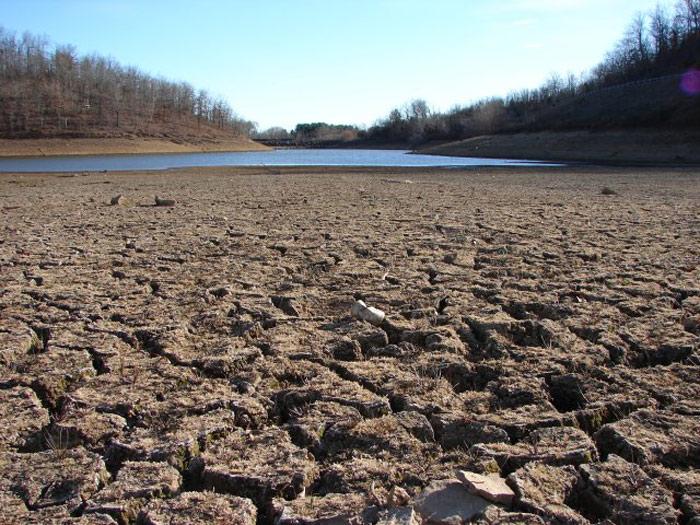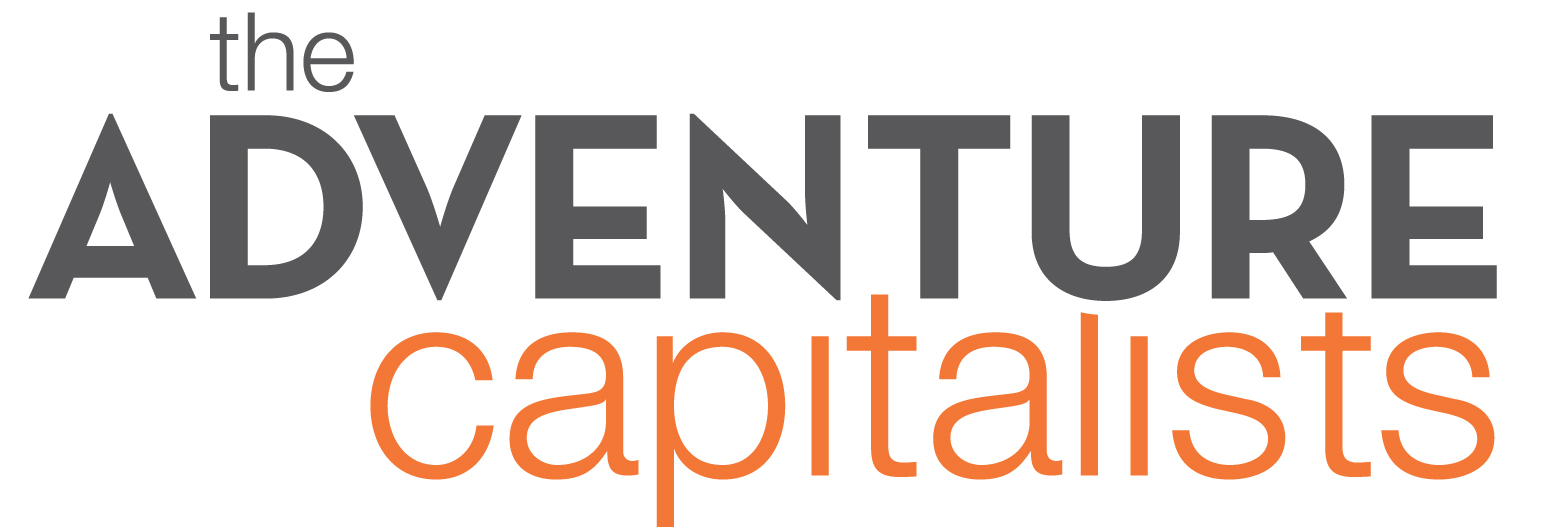Contemplating the California Drought

We are all aware that California is facing a serious water shortage. The crisis came into the spotlight early this year after a “summery” winter that brought little rainfall. However, while this drought is directly effecting many people, there are still many more that do not feel the results of this disaster in their everyday lives. They are still taking long showers, not fixing leaky pipes, and over-watering their lawns. Yes, they are conscious of the fact that there is a drought, but since they don’t see the effects clearly in their every day life, it may not be affecting them personally. And yet, we all share the same oceans, rivers, lakes, rainfall… One planet.
This past weekend, on a trip to Tahoe, the deleterious effects of lack of precipitation were blatant. Driving across the dam of the Stampede Reservoir, the banks of the water basin were dryly exposed, the previous water lines engraved into the bone-dry dirt. Buoys sat on land, they didn’t float. The water levels were so low that no water could even reach the spill gates to send the water to its desired destination.
Clearly we did not heed our own common sense nor scientists’ warnings years back. Have we as a society been disregarding this escalating lack of precipitation (this is actually the third year of the drought), assuming ignorance instead? While climate change, poor management of resources, deforestation, and an increased population worldwide may be have ignited the drought, the negative results could have been reduced with better planning.
Water in the US has been allocated predominately for agricultural purposes - up to 80%. While we need to eat, large-scale farming hasn’t been the focus of water conservation as thirsty crops suck up this irreplaceable resource. Large-scale agricultural farming has been misguided by the reigns of poor government policies. For example, water has been heavily subsidized by the government, which doesn’t encourage farmers to utilize efficient irrigation. Put short, water is simply being wasted.
Now that California is paying both physically and financially for this water shortage, people have to take extreme measures to meagerly correct our poor planning mistakes. Farmers in some regions are being forced to sell cattle. Making campfires is not an option at many campsites. Fishing has been outlawed in parts - some species are entering endangerment. Air pollution in the Los Angeles basin is on the rise without the cleansing effects of rain. We can hope that this serious event will lend to much better future planning that will include improved water storage, putting a ban on water intensive fracking, conscious farming, and focusing on native plant landscaping.
In the meantime, everyone must make compromises like taking shorter showers, leaving that film of dust on their cars, and letting their lawns turn brown or upgrading to low impact plants like succulents.

